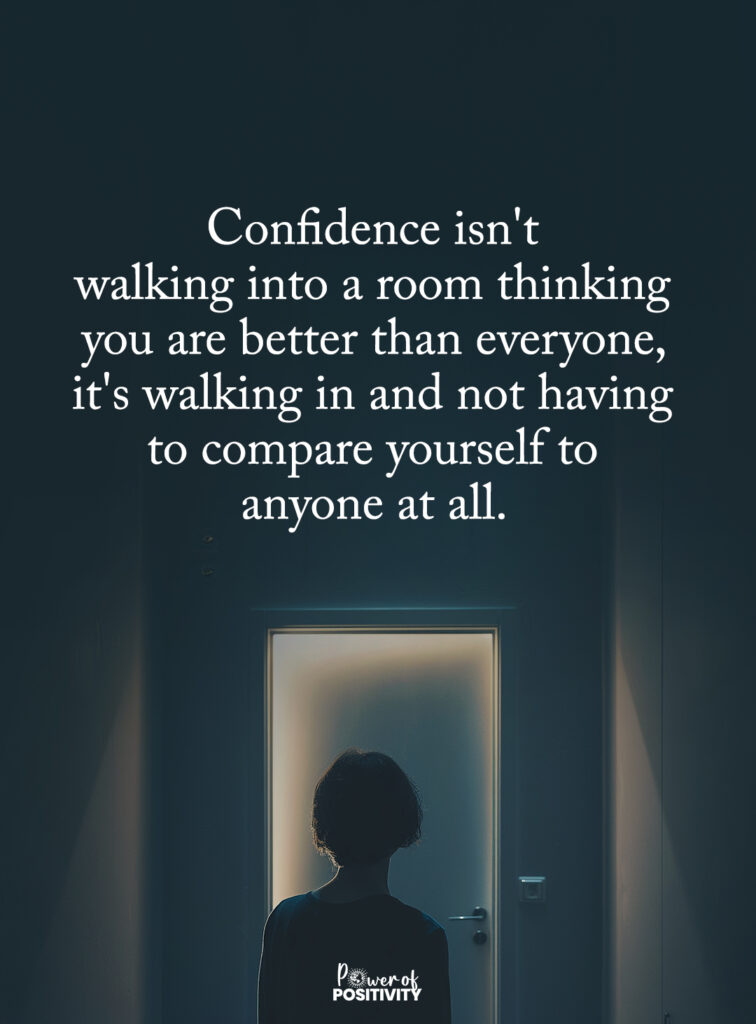Noise is everywhere—online, in schools, even in our homes. Fast answers, big reactions, and strong opinions seem to get the most attention. But in all that noise, it’s easy to forget something simple: raising kinder kids still matters.
What kids see and hear every day shapes who they become. If all they learn is how to win an argument or speak over others, they miss out on what really helps people connect. Raising kinder kids means teaching them that listening, caring, and being gentle is not weakness—it’s strength.
Kindness doesn’t mean saying yes to everything or smiling all the time. It means looking out for others, setting fair limits, and standing up without stepping on anyone. It’s a mix of heart and courage.
In a world that pushes louder, faster, and tougher—raising kinder kids is one of the boldest choices a parent can make. And it starts with what they see at home.
What Kids Actually Learn from Watching Us
Children are always paying attention—even when we think they aren’t. What we do sticks with them more than anything we say. They learn how to treat others by watching how we act in the everyday moments that often feel too small to matter.
It shows up when we talk to the waiter after a long wait. Do we stay calm or snap? They notice. It shows when we interrupt someone mid-sentence or take the time to really listen. And it shows in the way we talk about people behind their backs—are we kind or quick to judge?
These are the real lessons. Not the big talks about kindness, but the quiet habits that happen when no one’s watching. Raising kinder kids starts with showing them what kindness looks like in action—not just when it’s easy, but when it’s hard.
How we show up in small moments becomes their guide for how to treat people in big ones.
Make Room for Feelings—Theirs and Yours
Kids aren’t born knowing what to do with big feelings. They learn how to handle them by watching how we handle our own. When they’re allowed to feel sad, mad, or frustrated without being shut down, they grow more understanding—not just of themselves, but of others too.
Naming emotions helps. Saying things like, “I see you’re disappointed,” or “That must feel really unfair,” shows them their feelings make sense. You don’t have to fix the problem right away—just staying close and calm is often enough. It teaches them that emotions aren’t wrong or scary.
It also helps when we name our own. “I’m feeling overwhelmed right now” is better than pretending we’re fine. It shows that even grown-ups have hard days—and that’s okay.
Raising kinder kids means helping them feel safe in their own emotions. Kids who know their feelings are welcome don’t bottle things up or lash out. They grow into people who can stay calm, care deeply, and respond with kindness—even when life feels hard.
Teach Boundaries as a Form of Respect
Kindness doesn’t mean being a pushover. Kids need to know that caring for others starts with caring for themselves. That’s where boundaries come in—not as walls, but as ways to show respect on both sides.
Let them know it’s okay to say no. “You don’t have to hug someone if you don’t want to.” That simple message teaches that their comfort matters. Or, “If someone is unkind to you, it’s not your job to fix their feelings.” This reminds them they can be kind without being responsible for everyone else.
When kids learn to set limits and still treat others with care, they build real empathy. They know how to speak up without being rude and how to help without losing themselves.
Raising kinder kids means showing them that kindness and strength can live in the same space. Boundaries don’t block love—they make space for it to grow in healthy, safe ways.
Use Media Intentionally—Not as the Moral Compass
Screens are everywhere, and kids are soaking up what they see—often without knowing it. A lot of today’s shows, clips, and online trends reward sarcasm, teasing, or mean jokes that get laughs. The louder and sharper the comment, the more attention it gets.
Instead of banning every show or video, try talking about what’s on screen. Ask simple questions like, “Why do you think that character said that?” or “How do they treat each other in that scene?” These questions turn passive watching into active thinking.
The goal isn’t to control every message—it’s to help kids notice the messages. When they can tell the difference between real kindness and fake laughs, they’re less likely to copy the wrong things.
Raising kinder kids means helping them see what’s behind the screen. With a little guidance, they can become thoughtful viewers—not just followers of whatever’s trending.
Slow Things Down Where You Can
Life moves fast, and kids feel it too. When every moment is packed with noise, tasks, or screens, there’s little room left for kindness to take root. A rushed child is more likely to react than reflect.
Try creating pockets of calm in your day. Protect time that isn’t scheduled or full of screens. Go for a walk without phones and let the pace be slow. Let silence exist without needing to fill it with talking, music, or activity.
These quiet moments help kids reset. They give their minds space to think, notice, and feel. And in that space, empathy grows.
Calm kids aren’t just quieter—they’re more aware. They notice someone’s sad face, a friend being left out, or a chance to help. Raising kinder kids means giving them the stillness to see what matters, instead of rushing past it.
Affirm the Effort, Not the Personality
Telling a child “You’re so nice” might sound sweet, but it doesn’t tell them much. Over time, it can turn kindness into something they are rather than something they do. That can create pressure to be “the good one” instead of making thoughtful choices.
Focus on their actions instead. Say things like, “It was thoughtful when you shared with your brother,” or “You helped clean up without being asked—that really showed care.” These comments help them connect kindness with effort, not approval.
When kids see kindness as something they choose—not a fixed label—they feel more in control of it. They understand that being kind isn’t about being perfect or earning praise. It’s about what they do, moment by moment.
Raising kinder kids means showing them that what they do matters—and that real kindness comes from intention, not image.
Help Them See the World Beyond Their Own
It’s easy for kids to focus on their own world—what they want, what feels fair, what’s happening in their day. But kindness stretches further when they start to see life through someone else’s eyes.
Start with simple steps. Read books with characters who live differently—who face challenges, come from other cultures, or speak in ways your child isn’t used to. These stories open doors without needing a plane ticket.
Look for ways to give together, even in small ways. That might mean choosing a toy to donate, helping pack food bags, or picking out extra groceries for a local pantry. These small actions teach kids that their choices can help others.
And when they ask hard questions—about poverty, racism, or unfairness—don’t rush to change the subject. Sit with it. Talk through it honestly.
Raising kinder kids means helping them care about people they’ve never met. The more they understand others, the more naturally their kindness will grow.
Repair Matters More Than Perfection
Nobody gets it right all the time—not kids, not parents. But what sticks with children isn’t the mistake. It’s what happens next. Do we ignore it? Brush it off? Or do we make it right?
Sincere apologies go a long way. Saying, “I shouldn’t have yelled. That wasn’t fair,” shows your child that being wrong doesn’t make you bad—it makes you human. And for them, hearing, “It’s okay that you got upset—but next time let’s try a different way,” teaches that mistakes are chances to learn, not reasons to feel ashamed.
These small repairs build trust. They show that love doesn’t disappear when things get hard. And over time, they create a home where it’s safe to mess up and try again.
Raising kinder kids means showing them that kindness includes saying “I’m sorry” and meaning it. Not perfectly—but honestly, and often. That’s where real connection grows.
Make Kindness a Family Culture, Not a Rule
Kindness shouldn’t feel like just another task on a list. When it’s treated like a rule—“Be nice or else”—kids may do it for approval, not because it feels right. But when it’s woven into daily life, it becomes something they carry with them, without being told.
Try building small habits that feel natural. Share one kind thing someone did that day during dinner. Slip a short note into their lunch that says, “I love how you helped this morning.” Notice and name the little things—like holding the door or checking on a sibling.
These moments don’t need to be big. What matters is that they happen often enough to feel normal.
Raising kinder kids works best when kindness isn’t a rule to follow—it’s a rhythm the whole family lives by. Over time, it becomes part of who they are, not just something they’re told to do.
Final Thoughts on Raising Kinder Kids in a Noisy World
Raising kind kids doesn’t come from one big lesson or a perfect moment. It happens through the small things we do over and over—how we speak, how we listen, how we show up when it’s hard.
Kindness isn’t always loud. It doesn’t grab attention or ask for applause. But it sticks. It shapes how kids treat friends, face challenges, and care for others when no one’s watching.
Even with all the noise around them—screens, pressure, fast-paced everything—kids can still grow up gentle, strong, and full of heart. They just need the space to feel, time to think, and examples to follow.
Raising kinder kids is one of the most powerful things we can do. It won’t always be easy, and it may not always show right away. But it matters—quietly, deeply, and for a long time to come.















